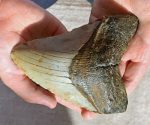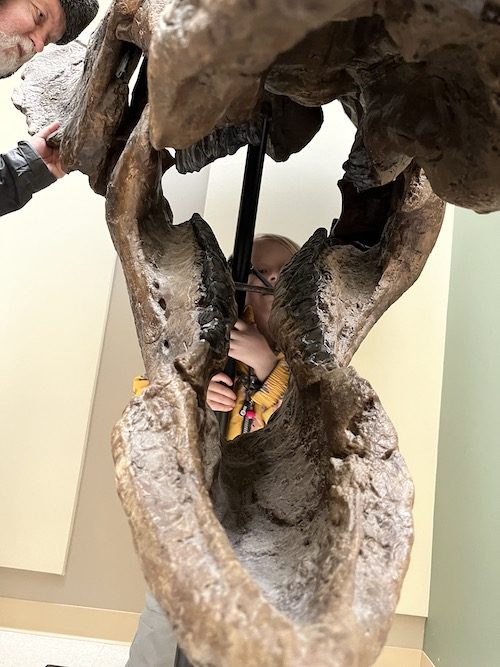Hey! What are you talking about, “Bring back personal blogging”? We never went away. But OK, I agree with the general sentiment.
In the beginning, there were blogs, and they were the original social web. We built community. We found our people. We wrote personally. We wrote frequently. We self-policed, and we linked to each other so that newbies could discover new and good blogs.
I want to go back there.
You’re all still here! You didn’t go away, neither did we.
People were way more connected to each other. There wasn’t a whole lot of anonymity because anyone could look up your WHOIS information and see who a blog actually belonged to. Trolls were simply banned from your comment section, never to be heard from again.
When Twitter came along, it started as a “microblogging” platform where people would go to put out short, frequent missives as opposed to the longer, personal pieces we put on our blogs. It, too, evolved, as these things do, and now it is the hellscape we at once loathe but can’t leave alone.
There’s some fancy rose-colored glasses there. People may have been way more connected, but there were far fewer people involved. Just the fact that the author is taking it for granted that users would know about WHOIS is revealing — there’s an assumption that everyone knew how to use a command-line tool.
Twitter was an improvement for the majority. You didn’t need to know anything, you were required to keep everything short and pithy, so you didn’t even need to really know how to write. You just had to blurt. Blogs require a bit more engagement and a longer attention span.
The best blogs gave us a glimpse into the life of someone we “knew” online. Good storytelling, coupled with a lively discussion afterward, kept us coming back for more day after day.
Twitter threads just don’t do the trick — and neither will Elon’s alleged plan for allowing 4,000-character tweets (I swear, if I see anyone tweeting out 4,000 characters, that is an immediate block).
Personal stories on personal blogs are historical documents when you think about it. They are primary sources in the annals of history, and when people look back to see what happened during this time in our lives, do you want The New York Times or Washington Post telling your story, or do you want the story told in your own words?
The optimistic perspective might be that as Twitter fades, all those people who had grown accustomed to communicating online will shift back, to some degree, to blogs. Which are still here and have been here all along.










